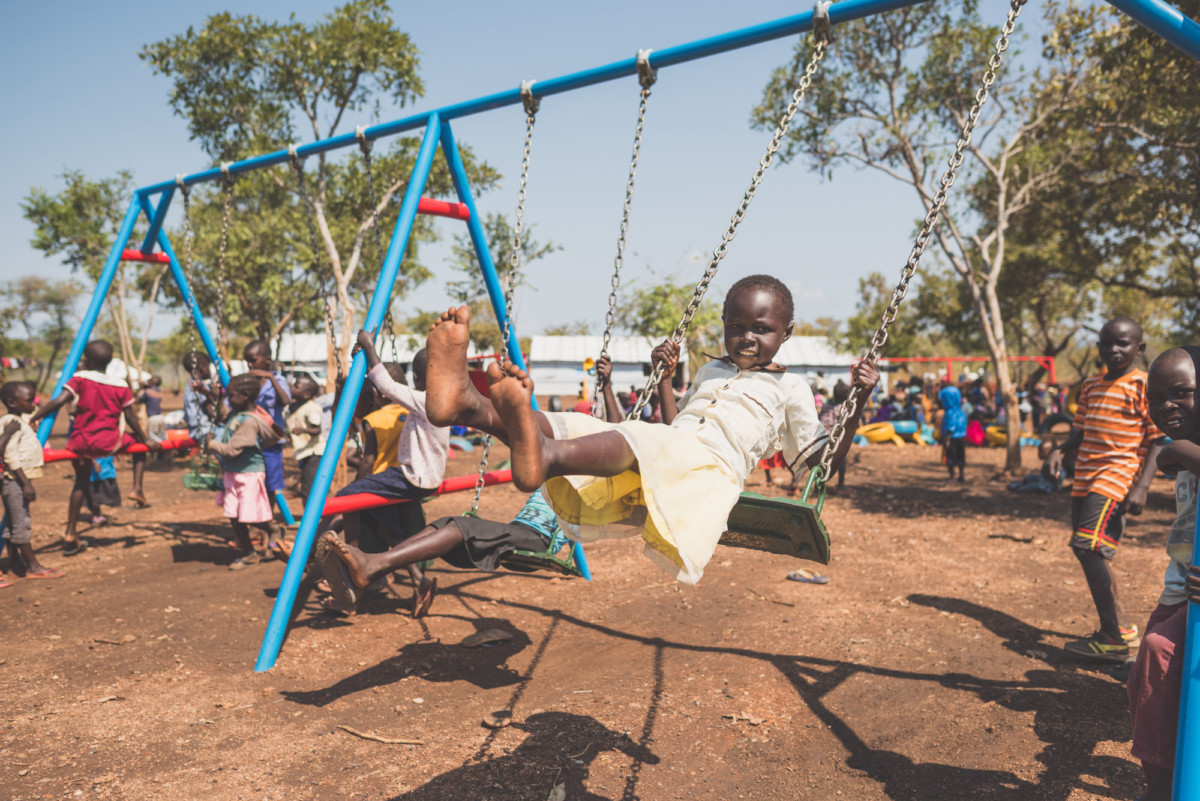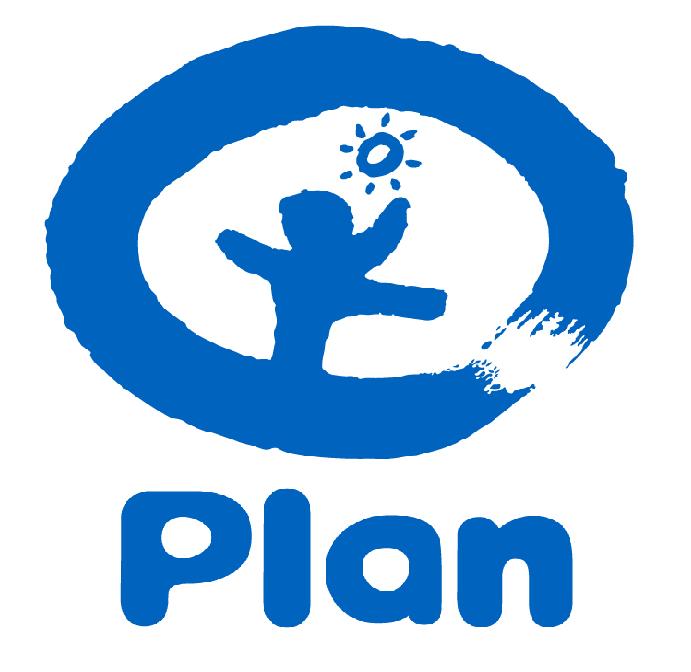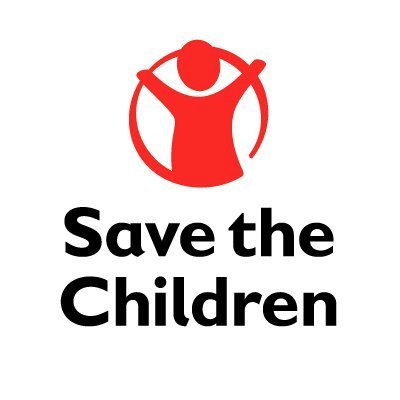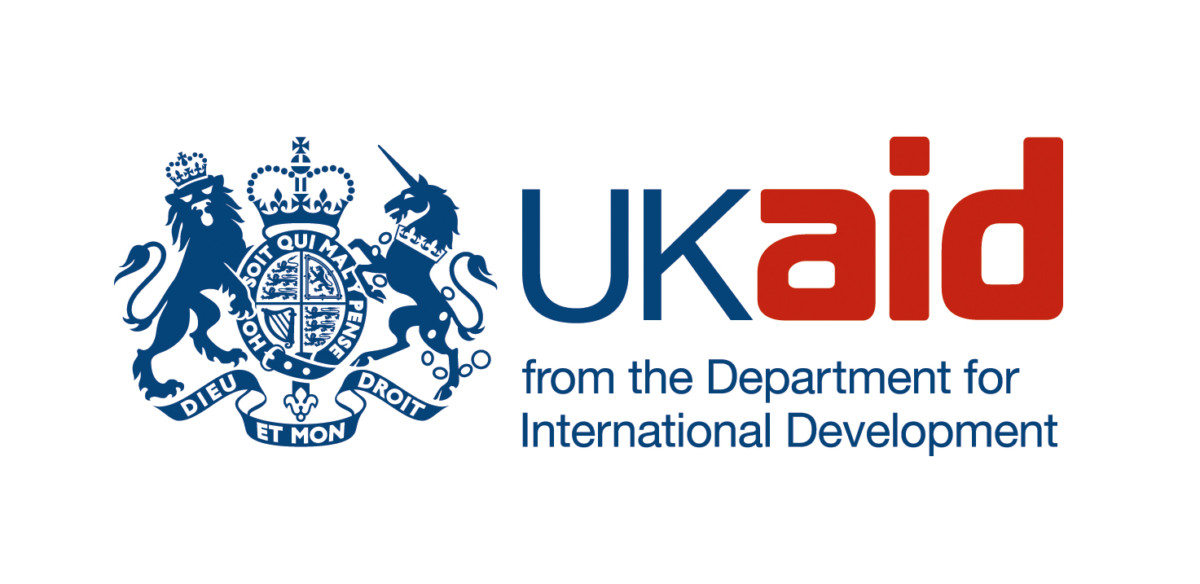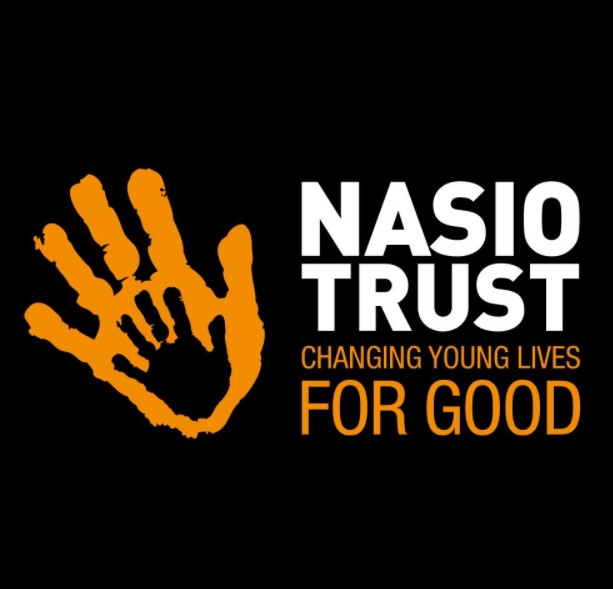Studies have shown that early play experiences improve a child’s physical growth, their capacity for learning, chances of finishing school, future employability, and even personal income (Playground Ideas, 2015). Play is so fundamental for children’s development, learning and wellbeing that it is enshrined in Article 31 of the UN Convention on the Rights of the Child:
“Every child has the right to rest and leisure, to engage in play and recreational activities appropriate to the age of the child and to participate freely in cultural life and the arts.”
Yet for many children, their right to play and to reap the developmental advantages associated with play is challenged. Factors such as poverty, war, displacement, child labour, abuse and exploitation can severely limit a child’s opportunity for play. This further exacerbates the disadvantage they experience and impacting their long-term potential. The World Health Organisation estimates that 250 million, or 43%, of children in low and middle income countries are unable to realise their full developmental potential. This is a reality we simply refuse to accept.
Through our early childhood development (ECD) programmes and bespoke playground solutions, we support some of the most vulnerable communities in the world to adopt play based practices and enhance the lives of their children.
Read more about…

Play for Development
Play is an essential part of childhood and is critical to child development. It supports the cognitive, physical, social and emotional well-being of children. Play is especially important during the early years (0-8 years of age), because this is the period in life when the brain develops most rapidly and has a high capacity for change – laying the foundation for health and well-being throughout life. Indeed, play is so important to a child development that it is enshrined in Article 31 of the UN Convention on the Rights of the Child…
Continue reading…
Play for Learning
Many people assume that play is a frivolous activity but yet play-based learning is a hugely effective and sustainable approach to education. Play provides children with a rich context for learning through which they can make sense of their world. During play children try new things, solve problems, invent, create, test ideas, explore and discover. Play-based learning has been shown to improve a child’s IQ and help them develop a wide range of skills – such as problem solving, language development and social skills – that support academic achievement. Incorporating play in education, especially in environments where educational resources are limited, helps children consolidate and apply knowledge, rather than just absorb information.
Continue reading…
Play for Trauma
Childhood should be a magical time. A time where children can feel safe to form secure attachments, explore their world and develop healthy foundations for the future. Yet for many children – especially those who experience displacement, conflict, war, bereavement, poverty, hunger, abuse, violence and exploitation or even witness the suffering of others – it can be a source of significant trauma. When a child experiences trauma, their brain literally changes its structure to enable the child to respond to any future threats.
Continue reading…